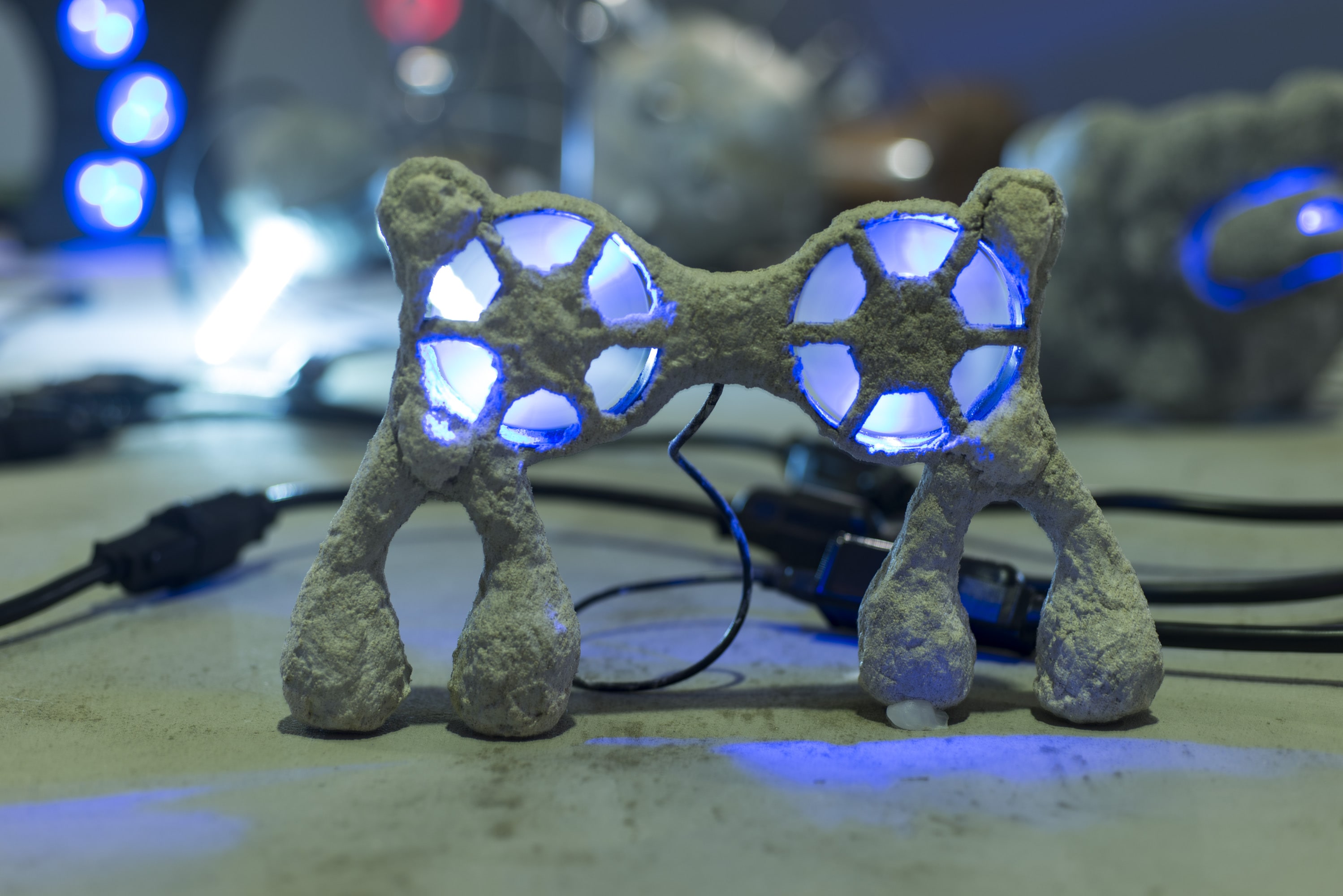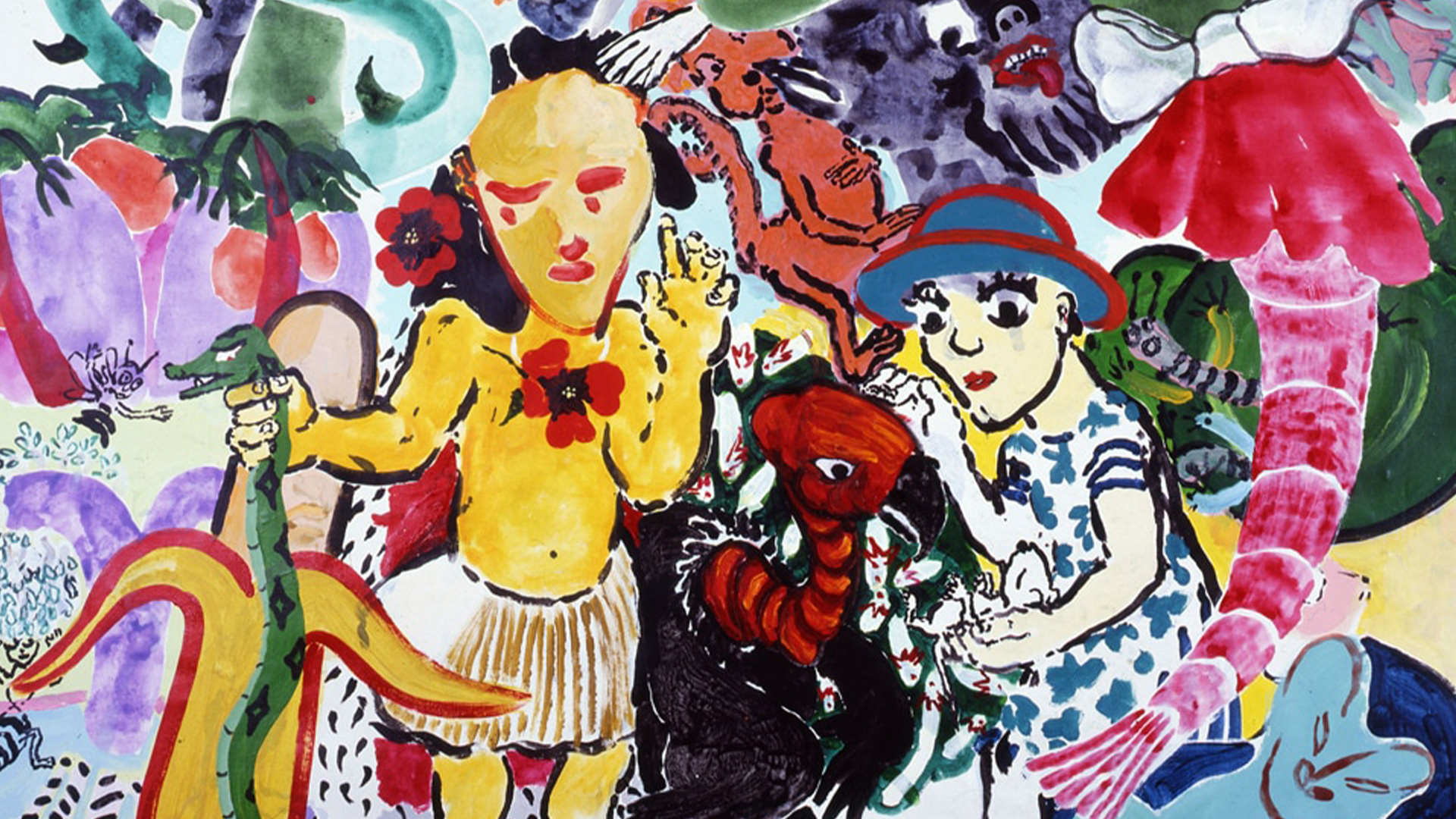Kalatozov's debut film places him alongside the great Soviet directors, in particular Dovzhenko for the poetic treatment of man in nature. But Kalatozov is harsh where Dovzhenko is lyrical, and Salt for Svanetia has more frequently been compared with Buñuel's Land without Bread of 1932. As in Buñuel, the subject matter itself is surreal: people, faced with medieval conditions in modern times, themselves remain ‘medieval.’ The film is a haunting portrait of the difficult life in a village in the Caucasus cut off by snows from the outside world for most of the year. Defensive architecture left over from the Crusades, and patriarchal rituals that favor men and death over women and birth, seem to be an extension of a barrenness (in particular, the lack of salt) that weakens the life drive. Kalatozov uses the poetry of repetition and juxtaposition, distance and extreme close-up, and mad rhythms.
Trailer

The wind blows, rubbing against my legs made of layers of metal and wires, swaying the leaves of grass that have shot up from the cracks in the tarmac, and going off to the windows that look like the eyes of dead children in the wrecked buildings that seem to be everywhere as far as the eye can see.

While Paula Rego belatedly was recognised as one of the leading feminist pioneers of her age, little has been written about her exploration of fluid sexuality. Indeed the current of sado-masochism in her drawings and paintings, has tended to encourage an understanding as a classic clash between the patriarchy and exploited women.
Tuesday - Saturday 10:00 - 19:00
Friday 10:00 - 22:00
Sunday 12:00 - 18:00
The museum is closed on Mondays.
On Wednesdays, the students can
visit the museum free of admission.
Full ticket: 300 TL
Discounted: 150 TL
Groups: 200 TL (minimum 10 people)